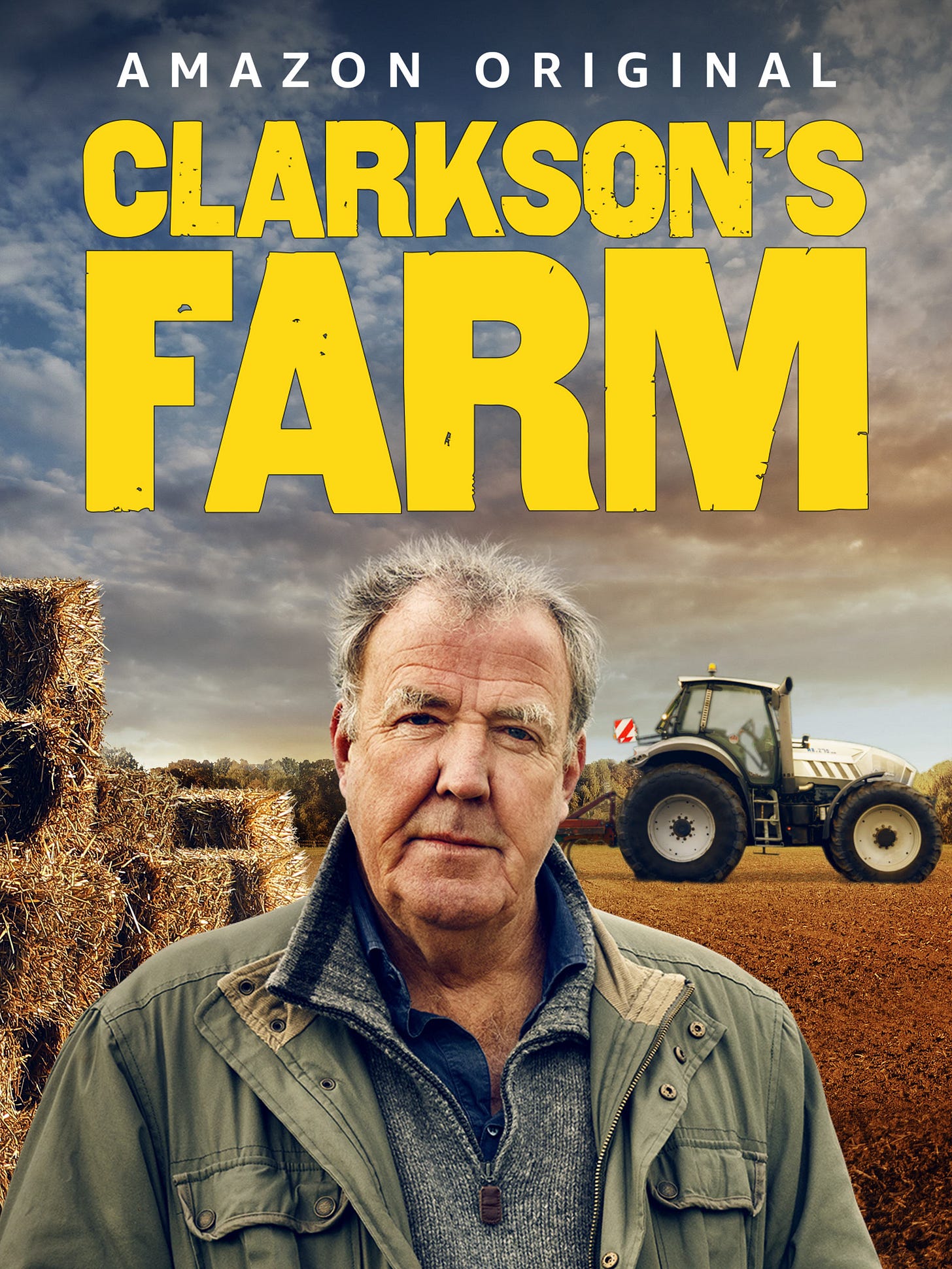At the time you read this, I’ll be checking out of an Airbnb treehouse in the Catskills, having just finished a long-anticipated week of research for my fourth book. We’ll talk about that trip next month!
This month I want to talk about time management—slightly less glamorous but arguably more important.
I’m pretty good at time management on the daily level. I have a decent sense of how long a task will take me, whether it’s writing a new chapter, making edits, or blurbing another author’s novel.
Where I tend to struggle is at the yearly, monthly, sometimes even weekly level. These are, I’m not kidding, the 2025 goals I set back in January:
Finish writing book 4. (First half of year)
Revise TV pilot & share. (Q1)
Write short story for XX. (Q1)
Secure film agent or manager.
Write 100-150 pages of book 5. (Second half of year)
Sell book 5. (Second half of year)
Stretch
Apply for at least one fellowship/grant.
Start writing poetry collection.
Submit 1-3 poems to lit mags.
In what world did I think I was going to write two books, launch my screenwriting career, and start a… poetry collection… in 12 months?! Every December, Matt and I share our goals for the following year with each other. After I rattled this list off to him, he gently said, “I think this might be a touch ambitious.” Bless his heart for not saying delusional.
This is a common theme for me year to year. I’m an ambitious person with a(n unwarranted?) sense of dwindling time. I am also acutely aware of how lucky I am to have my dream career, and there’s a lot I want to do with it. The drive comes from a good place, but it often turns into panic, anxiety that lodges in my chest, a sense that I’ll never get everything done.
My friends, I am not too proud to admit that I turned to our AI overlord for help with this conundrum. And you know what? Chat had decent advice, so much so that I’ve decided to share it with you here. I suspect it might be just as useful for non-writers.
How to Know You’ve Overfilled the Week
1. You’re constantly “re-carrying” goals
You keep moving the same task day to day (e.g. “write blurb” moves from Mon to Tues to Fri)
By Friday, your checklist still has half the week’s items untouched
Signal: You planned based on ideal output, not real time/energy
2. You finish each day frazzled—even when you’re productive
You met your goals but feel spent, rushed, or cranky
You’re too tired to enjoy evenings, workouts, or creative downtime
Signal: You didn’t budget for transitions, fatigue, or margin
3. You can’t shift gears between projects
You want to touch both novels and screenwriting but never get to the second track
Your brain lingers in one project while another languishes
Signal: You underestimated the cognitive cost of context switching
4. You start avoiding your to-do list
You’re “accidentally” scrolling, cleaning, or making more tea
You dread opening your Notes or project folders
Signal: Your week is too dense or not aligned with your current energy
How to Prevent Overfilling
Here’s a Weekly Gut Check template—designed to help you spot overfilling before the week begins. You can paste this into Apple Notes and run through it each Sunday or Monday when you’re setting goals.
WEEKLY GUT CHECK
Use before finalizing your task list—takes 5 minutes
1. Is this list based on time or hope?
Have I roughly estimated how long each task will take?
Have I accounted for meetings, admin, or life interruptions?
Am I planning for 70% capacity—not 100%?
2. Am I overcommitting to creative output?
Do I have more than 2–3 major creative priorities?
Am I trying to push progress on too many different projects?
Have I made space for screenwriting or fiction—not both—every day?
3. Is there recovery time baked in?
Did I leave room for rest, resets, or unexpected detours?
Is at least one afternoon unstructured?
Am I building from my energy rhythm (e.g. deep work in the mornings)?
4. What does future me want less of by Friday?
Guilt from dropped tasks?
Mental clutter from context-switching?
Burnout from overperformance?
What I learned this month
Pandora Sykes’ excellent newsletter, Books and Bits1, led me to author Naoise Dolan’s Substack, specifically a post called “Show, don’t tell” is broken.
Here’s what Dolan had to say:
Emotional depth doesn’t have to mean flushed cheeks. … Personally I’m far more moved by descriptions of emotion expressed through cognitive realism rather than somatic signs: the stomach cramps could equally be attributed to an ill-advised third cup of coffee, while zooming in on each pixel of a character’s thought process can far more precisely reflect their experience.
The amount of time I have been spent laboring over alternatives to racing hearts and chewed lips and clenched jaws…! Why had it never occurred to me that I could skip some of that in favor of a more cerebral approach? Floored by the prospect, I’ve picked up Dolan’s Exciting Times (2020) to see it in practice. I haven’t started reading yet, because I’ve spent most of June on the road, but I’m looking forward to applying this to my own work once I do.
Art pick
If you told me last month that my new favorite series would be a reality show about an old British guy trying to create a profitable farm in the Cotswolds, I would not have believed you. Am I interested in farming? Nope. Did I know who Jeremy Clarkson was before watching the show? Nope. And yet. Early in June, I spent a few days in Canton, Georgia, with Matt’s uncle and aunt, who absolutely adore Clarkson’s Farm. I sat down to watch the pilot fairly unwillingly, but by the end of the episode, I was hooked. This show is charming, educational, and, most importantly, hilarious. I laugh—loudly—several times each episode. I’m only six episodes in to the first season (there are four), but once I’m back home with more free time on my hands, I will be zooming through this unexpected delight. If you’re looking for something light and easy, this one is on Prime.
Line of the month
This month our final thought is courtesy of Danzy Senna, whose Colored Television was one of my art picks last month.
Novel writing is too much. But also, there’s absolutely nothing better.
It’s the only Substack I pay for, if that tells you anything.








This is all SO helpful (and fascinating). Love love love more more MORE x
This is all so helpful! It's helping me rethink my approach to my to-do lists and emotional writing (she said, with a clenched jaw). And ditto about the poetry!